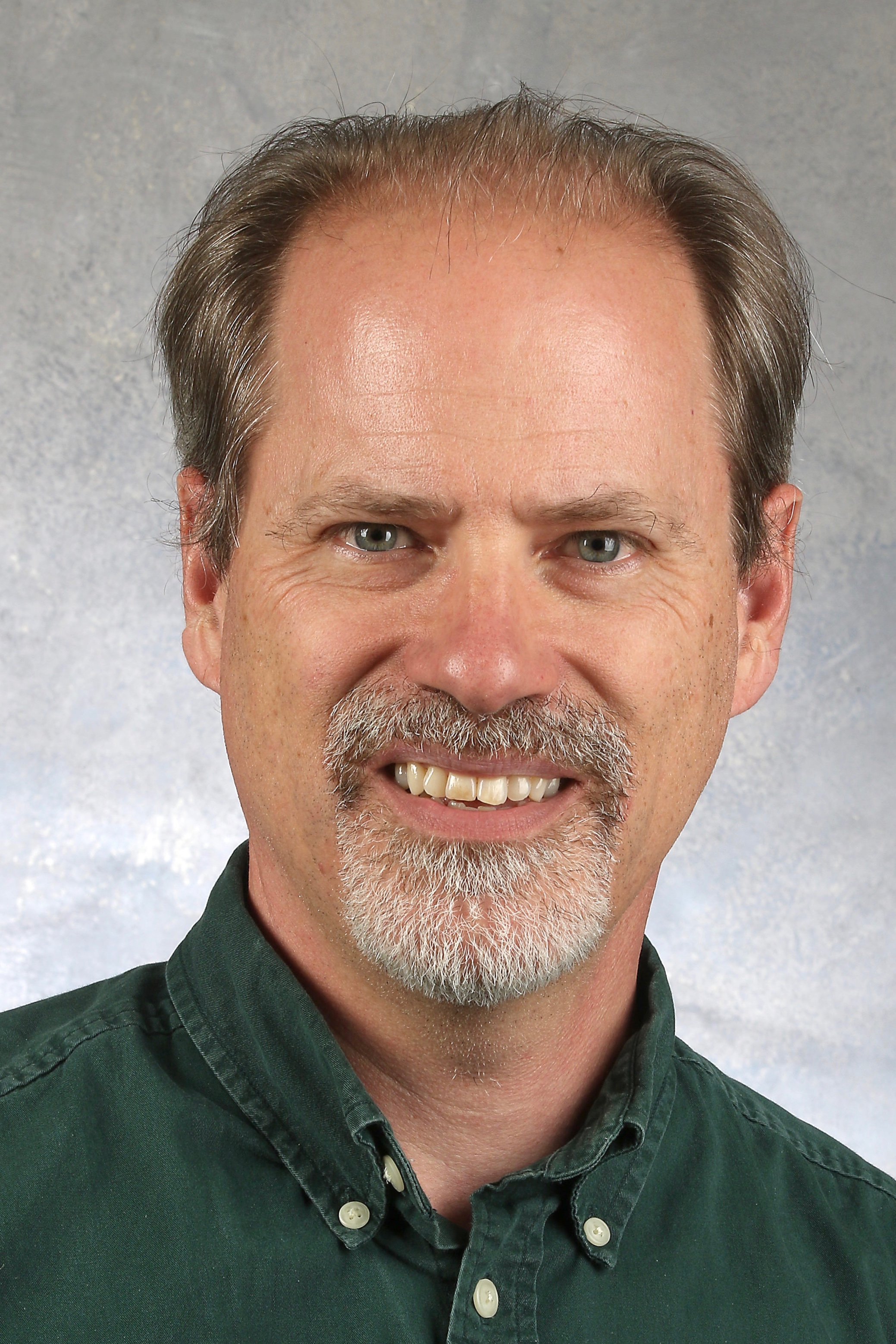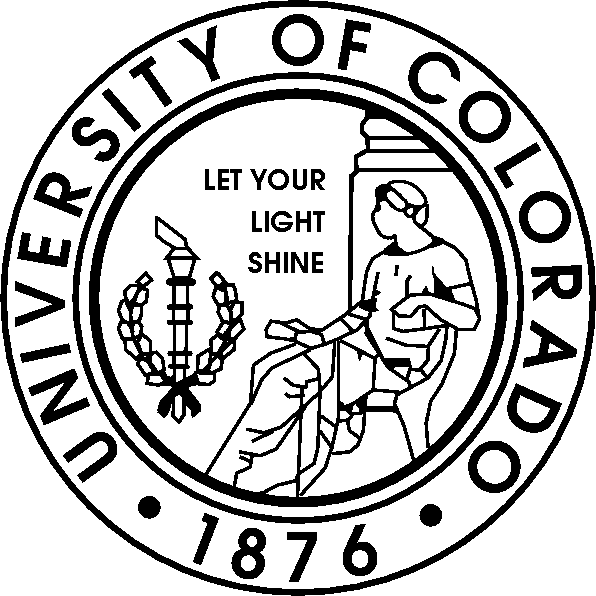Courses I Teach (and Related by Prof Trimboli) |
| |
|
ID101
|
Freshman Seminar: Mindstorms |
|
Remember Star Wars' R2D2 and 3CPO? For years, movies have explored the world
of robots. Could robots actually take over the world? Maybe not, but these
marvelous machines are becoming more and more capable. Just how do humans and
robots differ? Can robots actually see, play soccer, vacuum the living room,
or collect the trash? This freshman Seminar course will teach you basic
technology common to robots, as you and your teammates design and build one of
your own.
|
|
ECE1001
|
Introduction to Robotics |
|
An introductory course presenting foundational material in the design of
robots. Topics include basic properties of sensors, motors, gears, drive
mechanisms, control schemes, and processors to guide and control robots.
LEGO kits will be used to implement student designs.
Prer., NONE. Any engineer or non-engineer is encouraged to enroll.
|
|
ECE2205
|
Circuits and Systems I
|
|
Modeling and analysis of analog circuits and linear systems. Kirchoff's
current and voltage laws. Uses time-domain methods and s-domain transfer
functions to solve differential equations of first and second order RLC
circuits with op amps. Transient and steady-state response to steps and
complex exponentials. Zero-input, zero-state, and initial-state response.
Introduction to circuit simulation.
Prer., ECE 2610
|
|
ECE2610
|
Introducton to Signals and Systems
|
|
Mathematical representation of signals and systems; spectrum representation;
representation of signals by sample values; discrete-time filter
characterization and response; the z-transform; continuous-time signals and
linear, time-invariant systems; frequency-response; continuous-time Fourier
transform and applications to system analysis. MATLAB basics with application
to signals and systems. Includes lectures, demonstrations, and laboratory
assignments.
Prer., Math 1360 and ECE1021
|
|
ECE3510
|
Linear Systems Theory
|
|
Characterization of linear systems by impulse response, convolution, transfer
function. Linear differential equations and linear difference equations as
models. Applications to circuits, electromechanical systems, etc. Transform
methods include: Fourier series, Fourier transforms, and Laplace transforms.
Introduction to state variables and the state-transition matrix. Use of a
variety of models in design.
Prer., ECE2220 and MATH340
[This course is no longer offered. The ECE2220/2230/3510 sequence was
replaced by ECE2610/2205/3205.]
|
|
ECE3610
|
Engineering Probability and Statistics
|
|
An introduction to probability and statistics with application to solving
engineering problems. Includes the axioms of probability, random variables,
density functions, distribution functions, expectations. Gaussian random
variables, bivariate random variables, sums of independent random variables.
Estimation of sample mean and variance. Monte Carlo simulation, binomial,
hypergeometric, Poisson counting process, Erlang model and applications to
telephone calls, etc., introduction to queues, confidence intervals,
reliabilty, failure rates, the Weibull model, the log-normal model, estimation
using regression. Introduction to random processes. Involves a project making
use of simulation of random variables on a computer.
Prer., Math2350
|
|
ECE4510/5510
|
Feedback Control Systems
|
|
Linear analysis and analog simulation of electrical, chemical, hydraulic,
and mechanical systems using block diagrams and signal-flow graphs.
Comparison of open- and closed-loop configuartions. Feedback control system
design using Nyquist, Bode, and root-locus methods. Effects of simple networks
on system response. Introduction of state-variable techniques and digital
computer solutions.
Prer., ECE2205 or equiv.
Click here to access lecture notes and videos
|
|
ECE4530
|
Feedback Control Laboratory
|
|
Introductory experiments on response of control system components.
Open-loop and closed-loop (feedback) response of servo systems. Simulation
of systems on analog computer. Design of compensator systems.
Coreq., ECE4510
|
|
ECE4540/5540
|
Digital Control Systems
|
|
Theory and application of classical and modern discrete-time control systems.
Analysis and design of discrete-time and hybrid control using z-transforms,
root locus, frequency domain and state-variable compensation techniques.
On-line implementation by digital computers will be studied.
Prer., ECE4510
Click here to access lecture notes and videos
|
|
ECE4560
|
Digital Control Laboratory
|
|
Discrete-time control systems will be designed and tested using microcomputers,
compensators, A/D and D/A converter analog computers. Experiments in the
control of discrete and analog systems will be performed.
Coreq., ECE4540
[This lab is no longer offered on a regular basis.] |
|
ECE4899
|
Electrical Engineering Design Project
|
|
A project lab taken during the last semester of the senior year for the design
of system components and systems in the areas of communications, computer
engineering, controls, digital signal processing, electromagnetics,
microelectronic fabrication processes, or CMOS integrated circuits. Students
will identify, select, and complete a design project. Design specification,
analysis, design, simulation and/or construction of a successful project is
required for completion of the course.
Prer., ECE4890 and last semester of degree
|
|
ECE4520/5520
|
Multivariable Control Systems I
|
|
Fundamental aspects of modern control theory are covered, including
solutions to systems modeled in state-variable format, controllability,
observability, pole placement, and linear transformation. Computer based
tools for control system design are used.
Prer., ECE4510 and MATH3130 (or equiv.)
Click here to access lecture notes and videos
|
|
ECE5530
|
Multivariable Control Systems II
|
|
Design of systems in state variable format are covered including linear
quadratic regulators, state estimators, model-reference compensators, and
H∞ control. Computer tools are used.
Prer., ECE4520/5520
Click here to access lecture notes and videos
|
|
ECE5550
|
Applied Kalman Filtering
|
|
Theory and application of Kalman filters for state estimation, information
fusion, multitarget tracking, and data asociation. Special focus on the
discrete linear Kalman filter, the extended Kalman filter, and the unscented
Kalman filter. Practical issues related to robust performance are studied.
Prer., Math 3810 or ECE3610, and Math 3130 (or equivalent).
Click here to access lecture notes and videos
|
|
ECE5560
|
System Identification
|
|
Modern methods for identifying mathematical models of systems from observations
of their behavior; input-output and state-space models; parametization and
identifiability; non-parametric methods; prediction and output error methods;
recursive estimation; Kalman filters; order estimation; subspace identification.
Prer., Math 3400, MATH 3130, ECE2205, ECE3610 (or equivalent).
Click here to access lecture notes and videos
|
|
ECE5570
|
Optimization for Systems and Control (Taught by M. Scott Trimboli)
|
|
Optimization methods: parameter optimization, interior point methods, quadratic programming,
constrained optimization, optimization for dynamic systems, optimal control and numerical
methods. Engineering applications, especially control.
Prer., MATH 3130, MATH 3400, or equivalent. Meets with DASE 4570.
Click here to access lecture notes and videos
|
|
ECE5580
|
Multivariable Frequency Domain Control (Taught by M. Scott Trimboli)
|
|
Practical feedback control for linear multivariable systems from a frequency domain perspective.
Development of useful techniques for analysis and design of control systems for multiple-input-
multiple-output (MIMO) plants treating system uncertainty as an important aspect of design.
Addresses robust stability and performance.
Prer., ECE 4520 or ECE 5520 or equivalent.
Click here to access lecture notes and videos
|
|
ECE5590
|
Model Predictive Control (Taught by M. Scott Trimboli)
|
|
Introduces fundamental model predictive control concepts and demonstrates how they are applied
in the design and control of systems and processes. Covers modeling, constraint handling, and
stability; addresses options in regard to algorithms, models, and complexity versus performance
issues.
Prer., ECE 4520 or ECE 5520 or equivalent.
Click here to access lecture notes and videos
|
|
ECE5710
|
Modeling, Simulation, and Identification of Battery Dynamics
|
|
Derives mathematical models of the electrochemical dynamics of battery cells,
including thermodynamic and kinematic properties, at multiple scales. Modern,
lithium-ion chemistries are emphasized. Students will use simulation software and
will use lab-test data to create and validate parameterized models.
Prer., ECE2205, MATH2350, MATH3400 or equiv.
Click here to access lecture notes and videos
|
|
ECE5720
|
Battery Management and Control
|
|
Considers design of battery management systems: basic thermal and high-voltage
electrical control, architectures for modular design, and different methods
for cell equalization. Algorithms for estimating state-of-charge and
state-of-health will be studied in depth. Students will implement their own
software designs.
Prer., ECE4710/5710.
Click here to access lecture notes and videos
|




